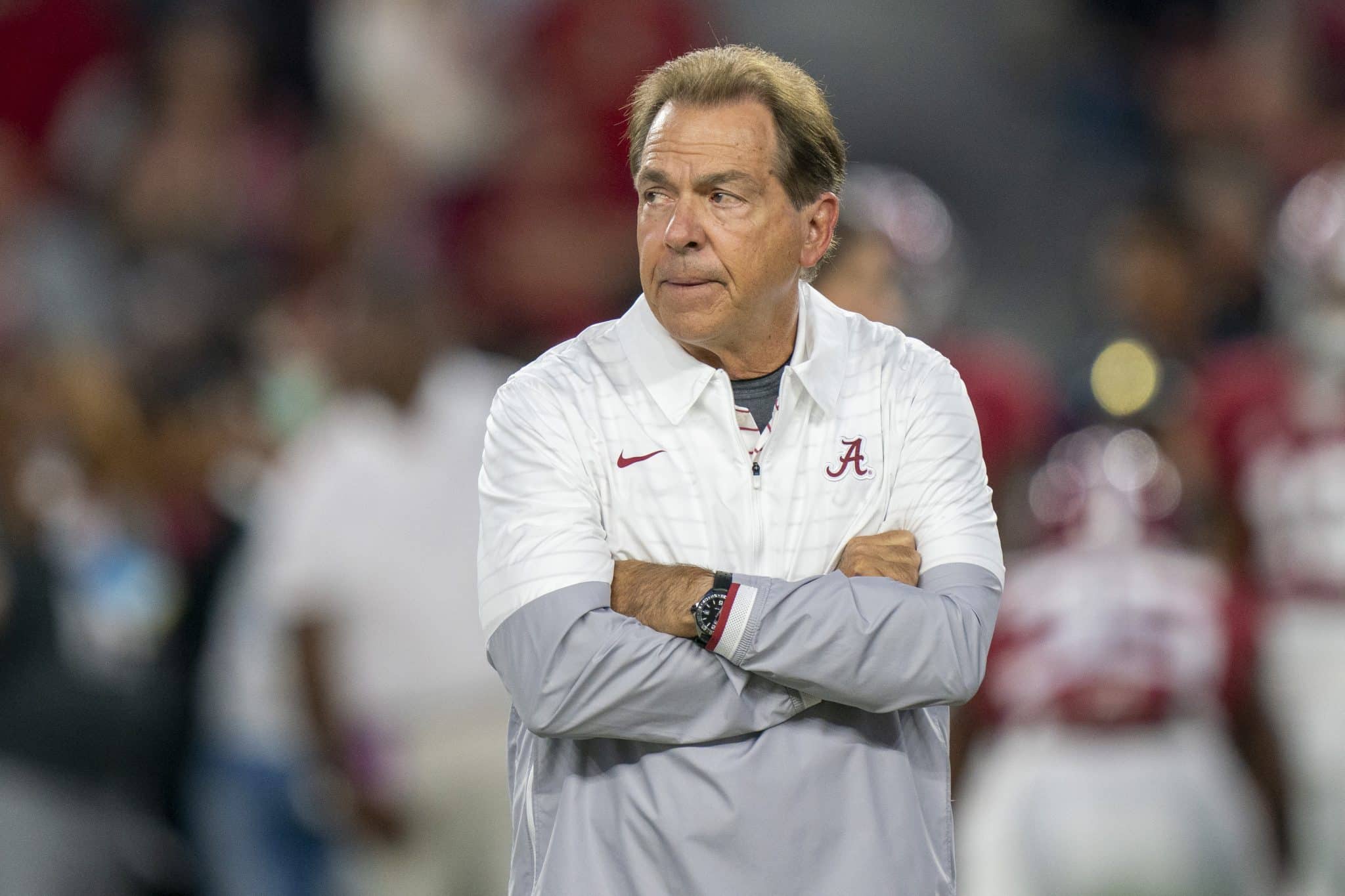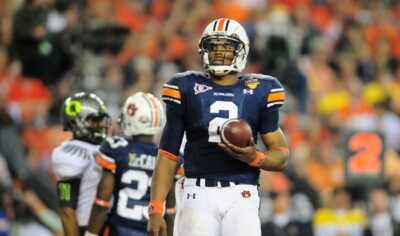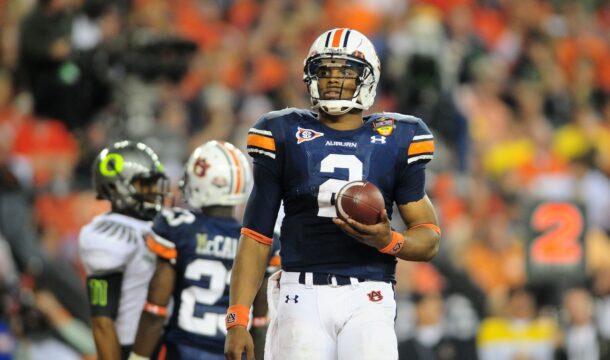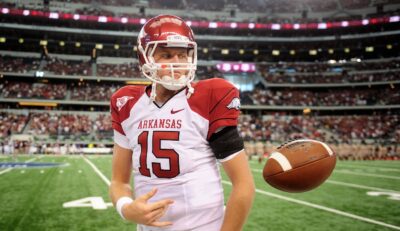
Hayes: No. 1 again, Nick Saban conquered NIL like he conquered everything else
By Matt Hayes
Published:
I’d like to point out, for the record, that every Alabama recruit was bought.
Even the kicker.
How do I know this, you ask? The same way Nick Saban knew every Texas A&M recruit from last year’s record-breaking class was bought.
Because if Alabama is thisclose to reaching and potentially passing the Aggies’ all-time recruiting class 1 year later, there can’t be any other reason.
Not only that, it’s not good for the game. And is this really what we want college football to become?
Now, I ask you, Mr. And Mrs. Tide, how utterly nonsensical does that sound?
Good, now you know how Jimbo Fisher felt.
Now you know what made Fisher snap and lash out at his coaching mentor, calling him a narcissist with a God complex. Now you know what made Fisher tell the media to go dig into Saban’s closet and find his skeletons.
A year after we watched a coaching friendship of more than 2 decades implode out of petty jealousy, this is what Saban thinks of the impact of NIL on recruiting:
“We’re not allowed to be involved in NIL, at least from my perspective,” Saban said Wednesday after a huge haul that included 7 5-star signings, and 10 players in the top 50. “I do think that it did have an impact on recruiting with some players. And I don’t know how you make comments about things that really (are) kind of crazy.”
You mean, a crazy comment like, “Texas A&M bought every player in its recruiting class?”
To be fair to Saban, once he and his staff realized the NIL recruiting rules, they crushed it a year later. There are still a handful of elite recruits still available, but Alabama’s total points from the 247Sports composite ranking currently sits at 328.97.
Texas A&M’s class last season earned 333.13 points.
We could dive deep into the 4- and 5-star comparisons, and how many top-25 or top-100 or top-200 players each team landed. It makes no sense at this point, they’re both rare classes.
There is, however, one key point that must be addressed: the connection between coaching staffs and collectives.
The NCAA made it clear that universities cannot work directly with collectives to procure recruits. Which, of course, is ridiculous.
Of course, the staffs work with the collectives. Do you really think the collectives at Alabama or Texas A&M or Georgia — or anywhere — randomly decide to throw money at a recruit who may or may not be a serious target for their school?
I mean, I ask you, who gets it more than the NCAA?
They allow universities to promote collectives, and ask boosters to contribute to collectives — but heaven forbid if they work with collectives to identify the players needed. That, everyone, is a big no-no.
It’s also wildly short-sighted to think collectives don’t know exactly which players their schools are pursuing, from Plan A to B, C and D. The collectives are a recruiting arm of the universities, and there’s not a thing the NCAA can do about it.
The NCAA collective “rules” — if that’s what you want to call them — simply soothe the tattered souls of those holding on to the “amateur model” like grim death.
Or the same people who think money hasn’t been changing hands all along with elite, blue-chip recruits — long before the idea of collectives. Some just did it better than others.
Some did it like Jeremy Pruitt.
A year later, we can now officially close the book on the Saban vs. Fisher contrived kerfuffle.
Saban knew exactly what he was doing last year while speaking to a group of business leaders in Birmingham. He was annoyed that his protege Fisher had landed a rare class, and was mere weeks removed from losing to Georgia and protege Kirby Smart in the national championship game.
Smart won a national title at a program that hadn’t done it decades because he recruited better than anyone, especially the elite defensive players he used to get as a Saban assistant.
That led to the tantrum heard ’round college football.
Saban, everyone, says nothing without purpose. So he told those Birmingham businessmen that Fisher bought his entire recruiting class — and we know the negativity connected to “bought” and recruiting — knowing full well they’d start contributing to the Alabama collectives.
Because what Coach Saban wants, by God, Coach Saban gets.
Even the kicker.
Matt Hayes is a national college football writer for Saturday Down South. You can hear him daily from 12-3 p.m. on 1010XL in Jacksonville. Follow on Twitter @MattHayesCFB







